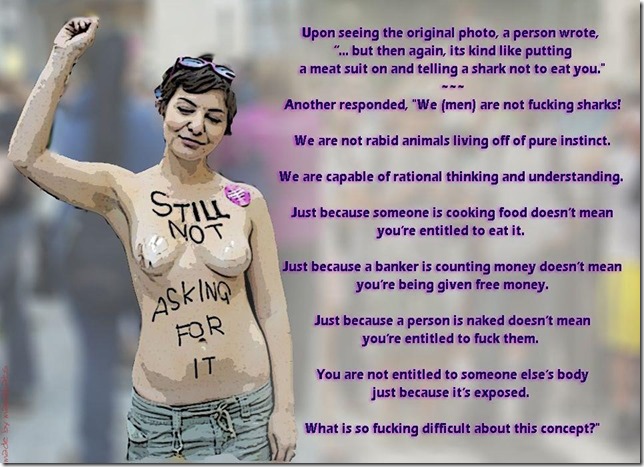LYDIAH DOLA
Lydiah Dola, is a composer, singer, guitarist, poet,and a social activist born and raised in Nairobi, Kenya. She uses her voice and power for social change- equality, justice,peace and freedom.
She is one of Kenya’s upand coming afro-fusion female artists and the founder of African Tunes of Peaceunder the umbrella, Peace Addicts. Together with Dan “Chizzy” Aceda, now oneof Kenya’s best male afro-fusion artists, they formed a duo and started writingand singing mainly Gospel music.
Her first attempt to sharethe unity that African music brings to the world was in 2004 when she wasnominated as the most promising female in Africa at the prestigious Kora allAfrica Music Awards held in Sandton City, South Africa.
She has performed atvarious forums in Kenya and across Africa and Asia, preaching the message ofpeace, love and unity. The single song ‘A better World is Possible’, made agreat impact at the India Social Forum in New Delhi, and at the World SocialForum in Nairobi, Kenya.
She is a member of the Alliance Française Spotlighton Kenyan music and one of the many artists who toured the country in 2008 inthe peace and reconciliation concerts organised by the Alliance francaise inNairobi. These concerts dubbed ‘weaponsof mass reconciliation’were used to promote ‘unity in diversity’ bytaking musicians and music from different regions to introduce them on newterritory in an effort to create a better understanding and tolerance of‘similarities in differences’. Over a period of six weeks, the tourcrisscrossed the main urban centers of Nakuru, Eldoret, Nyeri, Meru, Kisumu,Kakamega, Machakos and Mombasa on a mobile stage truck, with concerts takingplace in open public grounds every weekend. The project has left an indeliblemark on the musical scene in Kenya by reaching out to diverse audiences acrossthe country in building bridges and respect between culturally distinctcommunities.
Through CMFD, She wasinvolved in the making and recording of the six-part serial drama, Crossroads,which was recently awarded by Radio for Peace building Africa in the AfricaAwards Special Category. She was one of the main characters and developers ofthe drama’s theme song.
She was among the20,000 women and men who marched in solidarity with women in the DR Congo onOctober 17, 2010 to call for economic and social change, demilitarization, andan end to rape being used as a weapon of war. Her music was greatly appreciatedby the Congolese sisters as she sang and danced to freedom.
This year she hasbeen involved in the pre-election peace and good governance music festivals.
Some of her songsand music have been used in short films and radio programs for peace andhumanity by different organizations including Oxfam GB, Men for Gender EqualityNow (MEGEN) and Legal resource foundation.
Thejourney continues as she carries on her duties throughout the world, sharing hervoice with the voiceless.


